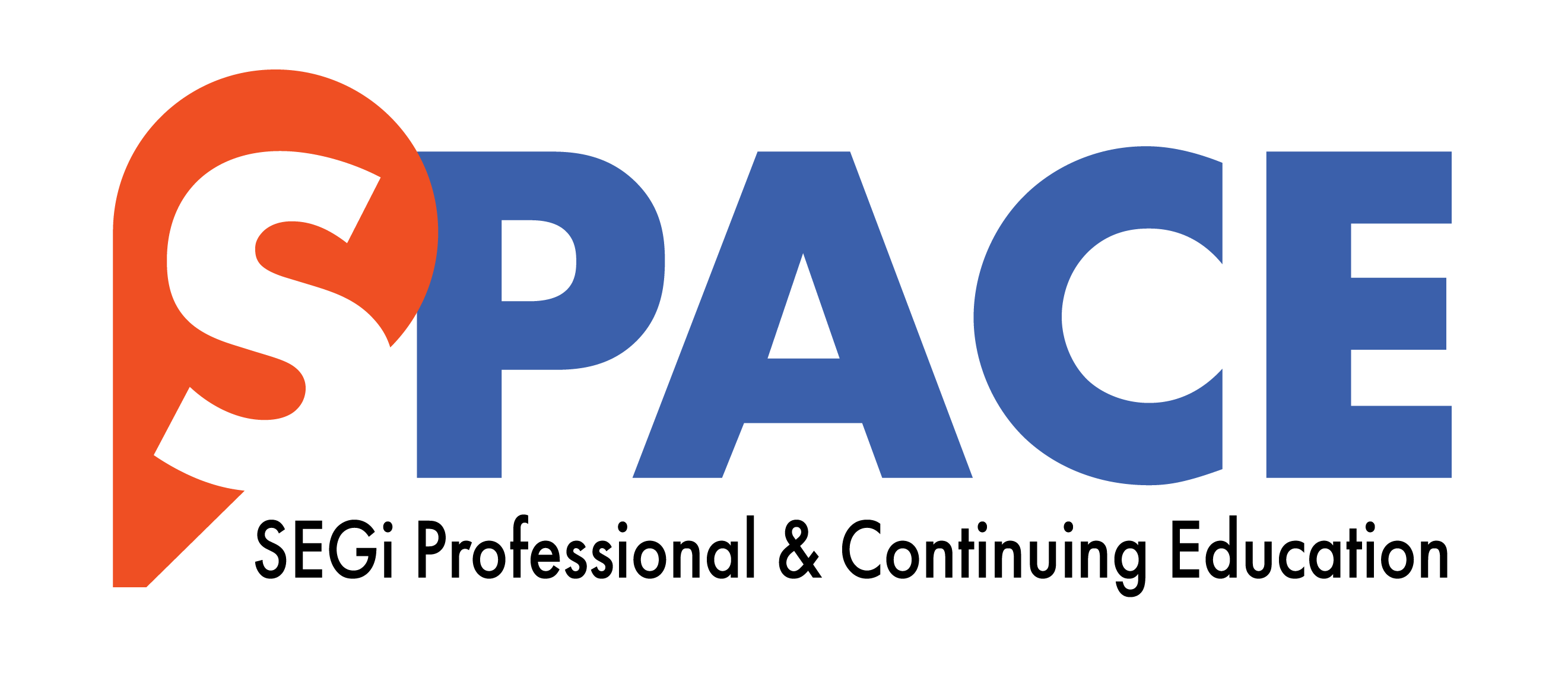Flexible Learning That Enhances Your Potential
Micro-credential certification in Cross-Cultural Psychology PSY2094 (BPSY)
This course discusses how and why culture influences mental processes and behaviors in humans. This course enables students to understand the influence of intercultural interactions in their own lives. The topics will be discussed including how cultures influence people in work place, emotional and cognitive well-being, personality and the perception towards psychological disorders.
 This programme is designed, delivered, assessed and awarded by SEGi University through the SEGiUniDigital Platform.
This programme is designed, delivered, assessed and awarded by SEGi University through the SEGiUniDigital Platform.
Entry Requirements - No
Age Experience - 23 Years Above
Language Proficiency - Yes
Numeracy Proficiency - No
Pre-requisites - No
- An Introduction to Culture and Psychology
- Psychology with culture perspective
- What is culture
- The contents of culture
- How does culture influences human behaviours and mental processes
- Cross-Cultural Research Methods
- Types of corss-cultural research
- Types of cross-cultural comparisons
- Designing cross-cultural comparative research
- Bias and equivalence
- Enculturation
- Human engage in cultural learning
- Enculturation and socialization
- Culture, parenting and families
- Culture and perrs
- Culture and educational systems
- Culture and Development
- Culture and temperament
- Culture and attachment
- Cognitive development
- Moral reasoning
- Culture, Self, and Identity
- Culture and self
- Culture, self-esteem and self-enhancement
- Culture and identity
- Culture and Personality
- The Five-Factor Model and Five-Factor Theory
- Cross cultural studies on other dimensions of personality
- Indigenous personalities
- Culture and Gender
- Sex and gender
- Gender differences across culture
- Culture, gender roles and gender stereotypes
- Changing cultures, changing gender roles
- Culture and Cognition
- Culture and perception, thinking, consciousnes, intelligence
- Culture and Emotion
- Cultural influences on emotion
- Cultural regulations of basic emotion
- The cultural construction of emotional experience
- The cultural construction of concepts, attitudes, values, and beliefs about emotion
- Culture and Language
- Cultural influences on verbal language
- Cultural influences on nonverbal communication
- Intracultural and intercultural communication
- Bilingualism and culture
- Culture and Social Behavior
- Cultural influences on how we perceive people
- Culture and attributions
- Mate selection,love, and marriage across cultures
- Culture and comformity, compliance, and obedience
- Culture and Physical Health
- Culture differences in the definition of health
- Three indicators of health worldwide
- Genetic, psychosocial and psychocultural influence on physical health and disease
- Differences in medical health care and delivery systems
- A model of cultural influences on health
- Culture and Psychological Disorders
- Defining abnormal
- Culture and the categorization and assessments of psychological disorders
- Mental health of ethnic minorities, migrants, and refugees
- Culture and Psychological Treatment
- Culture and Organizations
- Cultural differences in work-related values
- Culture and attitudes about work and organizations
- Culture, motivation and work productivity
- Culture, leadership and management styles
- Culture and sexual harassment
Coursework - 60%
Exam - 40%
Upon successful completion of this Micro-credential certification in Cross-Cultural Psychology (BPSY), students will be able to transfer grades and credits into the following programme(s):
- Bachelor of Psychology
Upon successful completion of this Bachelor of Psychology programme and meeting the necessary entry requirements, students will be able to progress into the following programme(s):
- Master of Psychology
